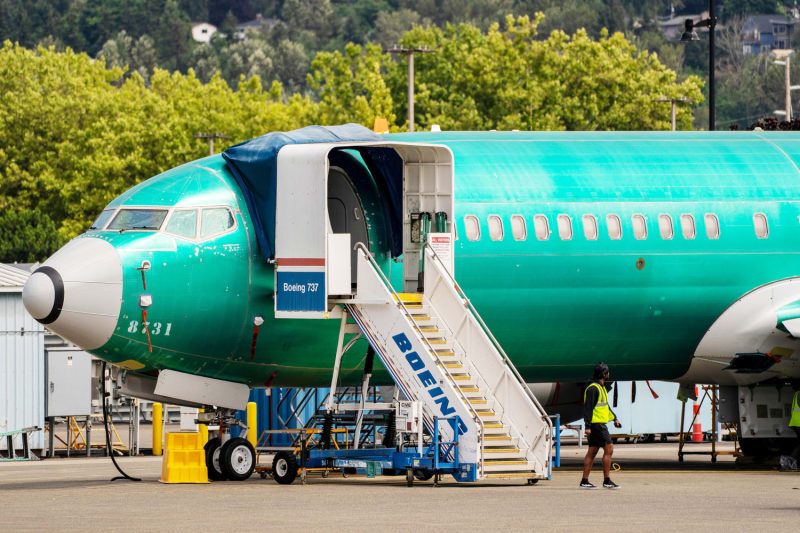As the COVID-19 pandemic dealt a severe blow to the aviation industry worldwide, aircraft manufacturing giant Boeing has signaled its intention to raise as much as $25 billion to shore up its balance sheet. This ambitious financing strategy aims to alleviate some of the substantial economic pressures placed on the corporation in the wake of the crisis.
There is no doubt that the unprecedented challenges created by the pandemic have ravaged the aviation sector at large. Boeing, one of the leading players in this market, has not been immune. The manufacturer reported significant financial losses and reduced demand for new airplanes. The ailments of Boeing are further accentuated due to the severe scrutiny the corporation has faced following two fatal 737 Max crashes in 2018 and 2019, which directed considerable disruption and a worldwide grounding of the model. These pre-existing issues have only been compounded by the global health crisis, creating an urgent need for financial interventions.
Raising capital of such magnitude is an extraordinary move, suggesting the depth of the economic ravaging the company is experiencing. That said, Boeing has its plan in motion. The $25 billion will come from bonds, a form of debt financing, as the company aims to increase their cash reserves without resorting to diluting their equity. This indicates a clear strategic move from Boeing to protect shareholders value while procuring the needed cash to weather the economic storm battering the industry.
Funds raised through this venture will be used across multiple channels. Primarily, the company aims to bolster its cash reserves, improving its standalone credit profile and ensuring sufficient liquidity for its operations. Secondly, the monies will be channeled towards shoring up its balance sheet, which will be a necessity for surviving these harsh economic times and maintaining operations while managing outstanding obligations.
To make this possible, Boeing is providing potential investors with a range of seven tranches, with maturities ranging anywhere from three to forty years. This scale of financial inflow will undoubtedly help in maintaining efficient operations in the wake of reduced demand and constant adverse effects of the pandemic on global supply chains and air travel.
The path Boeing is forging is filled with obstacles. Maintaining investor confidence while navigating pandemic-ravaged markets requires well-laid financial and operational strategies. Yet, the corporation remains hopeful and dedicated to overcoming these hurdles.
To underline the significance of this move, it’s worth mentioning that Boeing has backed out of a potential $4.2 billion deal with Embraer – a clear display of the corporation’s intent to prioritize its critical financial restructuring and survival. With cost-cutting measures already underway, the decision to raise a whopping $25 billion testifies the company’s aggressive financial strategies.
Notably, securing such funding without offering equity avoids giving the U.S. Treasury a stake in the company, as was the case with other businesses that accepted government bailouts. This allows Boeing to preserve its independence while securing the funds needed for financial stability.
While this strategy does not guarantee averting any further economic woes, it reflects a calculated and strategic move by Boeing to navigate the choppy waters of financial adversity. The proposal to raise $25 billion in bonds offers a critical lifeline for the aircraft behemoth, emphasizing the company’s resilience in shifting gears to sustain its operations in these testing times. By leveraging its debt instruments effectively, Boeing is signaling a clear approach: the focus on financial survival while prioritizing value to shareholders.




